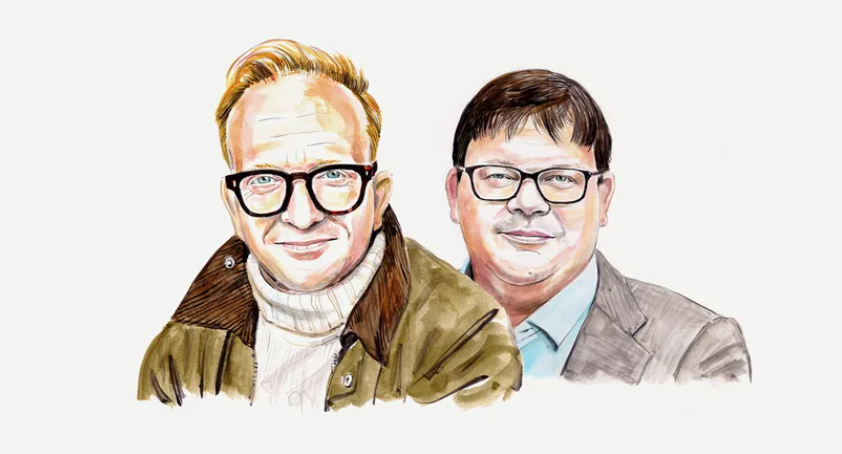The Gulf state’s human-rights record suggests it is no champion of open dialogue, say the two lawyers.
In the landscape of international diplomacy, the choice of a host country for a global summit is often symbolic. As the world prepares to converge in the United Arab Emirates (UAE) for the COP28 climate conference, the decision to host such a pivotal event in the heart of the Middle East warrants scrutiny.
The UAE has sought to position itself as a beacon of modernity. Yet the decision to hold COP28 in the Gulf state is problematic. The UAE’s economy is heavily reliant on oil and gas, and it is one of the world’s highest per-person carbon emitters. The BBC has just reported on leaked documents that suggest the UAE was looking to use its position as host of the summit to negotiate bilateral fossil-fuel deals. (The UAE’s cop team did not deny this but said “private meetings are private”.)
Even setting aside concerns over the uae’s commitment to the green transition, there is another reason to question its choice as host: the country’s record on human rights. The very essence of cop28 is to address the pressing challenges of climate change and it demands open dialogue, inclusivity and respect for fundamental rights. Holding the conference in a country where dissenting voices are often brutally silenced sends a con!icting message that is sure to undermine the credibility and e”cacy of the summit’s outcomes.
Read more: economist.com
Photo: economist.com


Leave a Reply